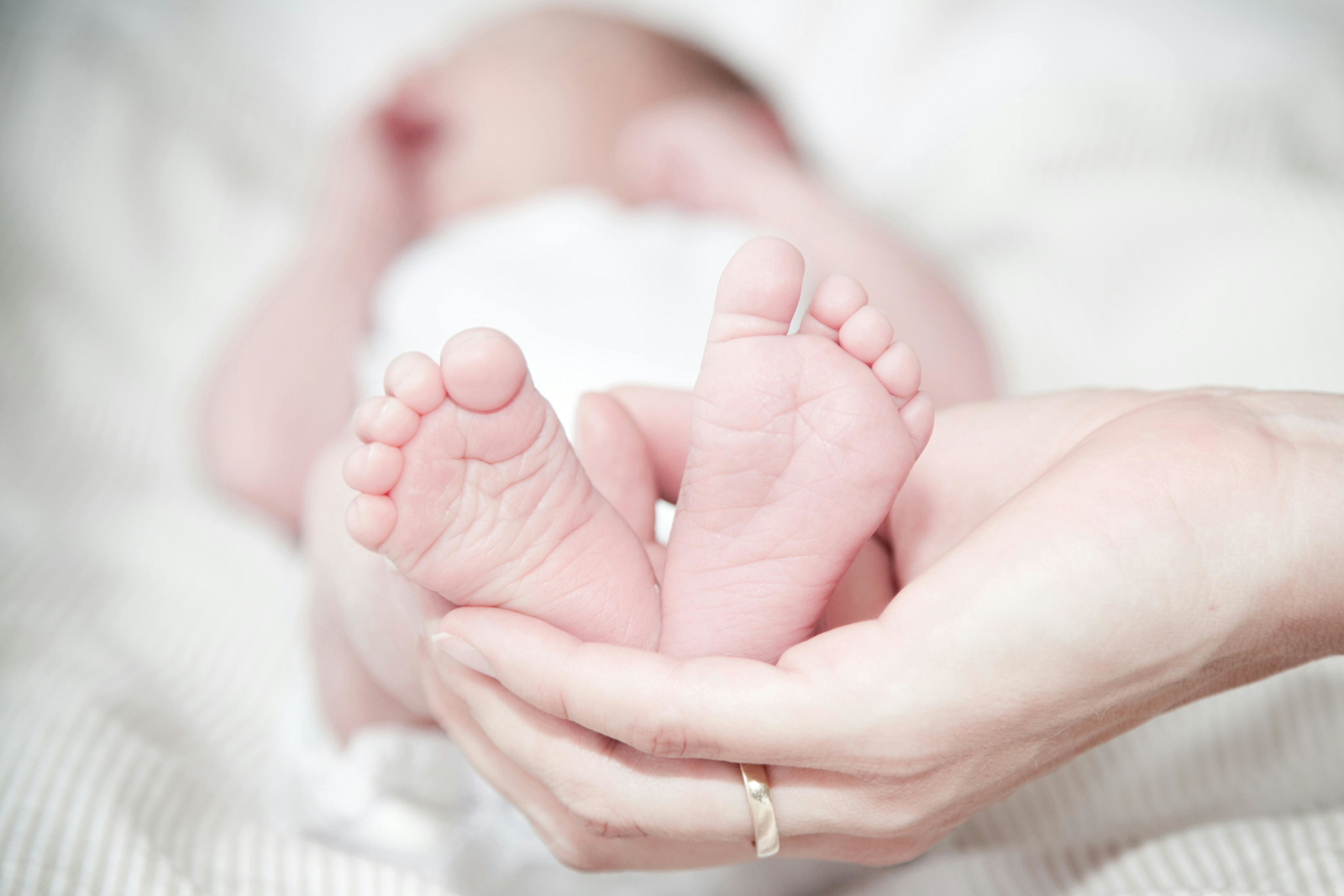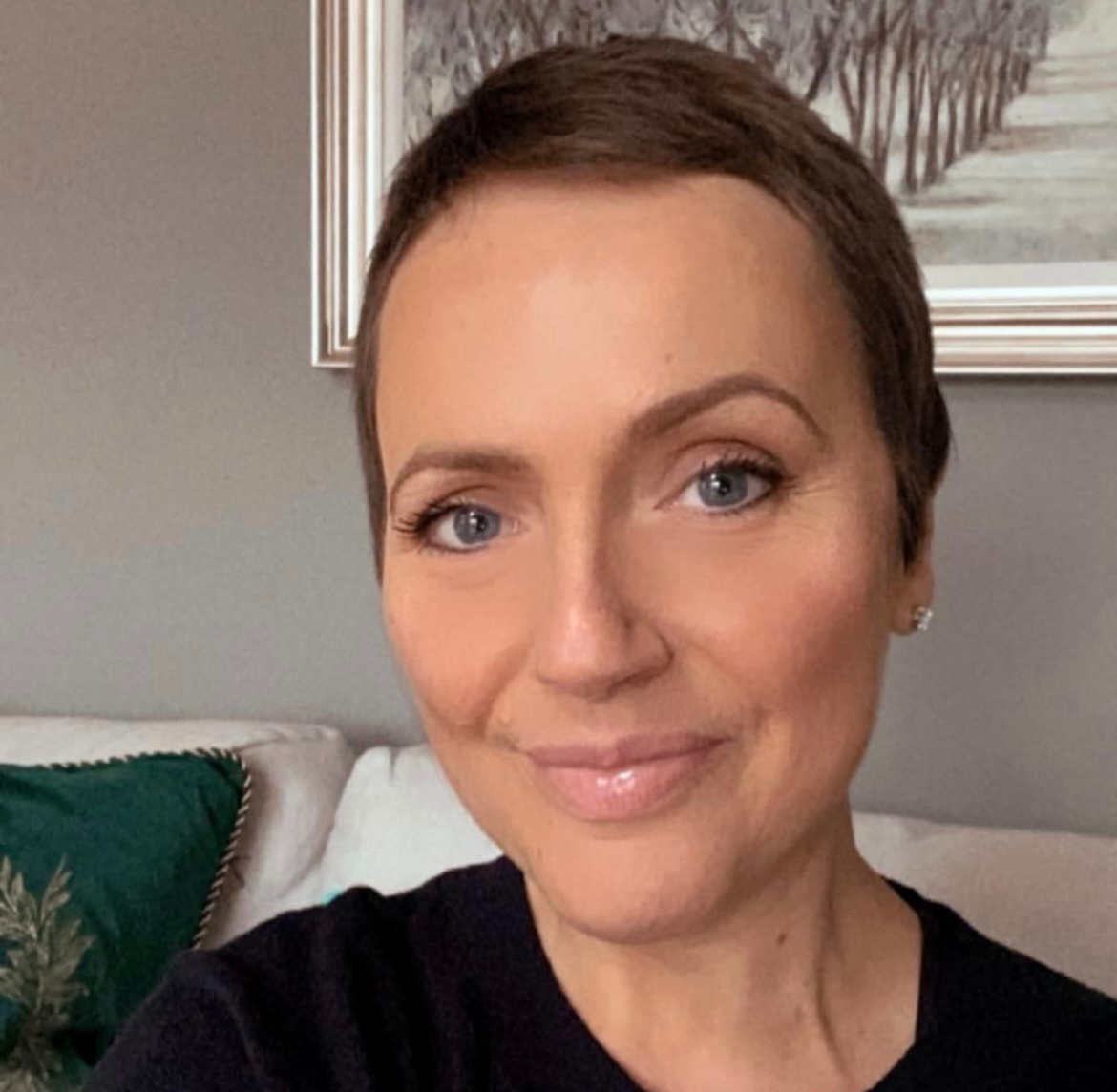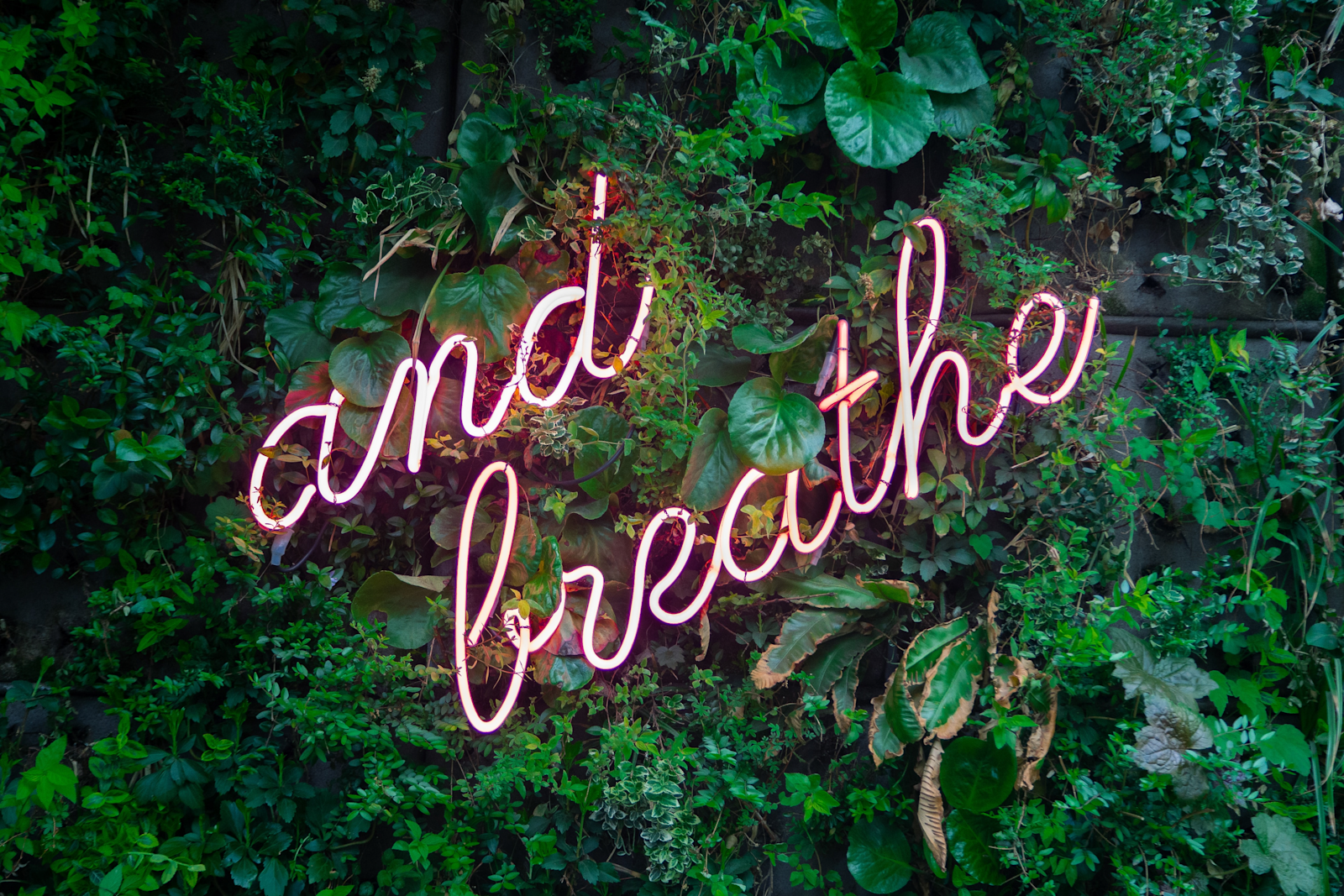When one emotionally exhausted egg recently shared her personal struggles with raising her baby, it sparked an outpouring of supportive replies and brilliant advice from our community. If you saw the post, and are a mother yourself, you will certainly have empathised and may have found comfort in the comments. If you missed it, here’s what the original poster said:
“Can I request a bit of moral support? Can you remind me the reasons why it’s amazing to have children? What do you love about having a baby? What’s wonderful about being a mum? I’ve spent my whole life longing to have my own children, but I had to wait for longer than I wanted to start a family. I am now so lucky to have given birth to the most amazing little one, but I’ve had the most awful time since their arrival over a year ago. I had a traumatic birth and traumatic early weeks, so I’ve had huge physical and severe mental health challenges (PTSD, PPD etc). They have kept going ever since the birth, so that even now, life is still horrific. I’m getting professional help, but progress is painstakingly slow.
I need help to remember or to find out the good things and the things I used to look forward to my whole life. I need reminders of what’s right in front of me in this beautiful baby, and ways to connect and enjoy the good, instead of being overwhelmed by all the grinding daily work and relentless exhaustion.”
Among the 144 comments which flooded in was a lengthy list of moving moments for mamas to cherish, advice on surviving the day-to-day parenting grind, and many personal accounts of similar struggles with post-natal depression and birth trauma. It became patently clear that our anonymous egg’s experience is more common than we might like to think.
The reality of life after birth

Those early years of parenting are too often painted as a wholly blissful interlude when new mums do little but dote on their adorable rosy-cheeked little cherub. Yes, we are all warned about surviving on a few hours of sleep and kissing goodbye to our waistlines, but rarely do people acknowledge the catastrophic effect that having a child can sometimes have on our mental health, especially if we have experienced a difficult birth.
The reality is that most of us will face a struggle, not only in those first days bringing up baby, but often long after their earth-shattering arrival. A recent survey of 1,000 Mumsnet users found that 79% of women experienced birth trauma, nearly three quarters of whom said it took more than a year to resolve or was still ongoing. According to the NHS, more than 1 in every 10 new mothers experience postnatal depression within a year of giving birth. And while post-traumatic stress disorder (PTSD) may be more commonly associated with experiences of war, abuse, or sexual assault, one in 25 women develop PTSD after childbirth – that amounts to 30,000 women a year in the UK. That’s a hell of a lot more serious than a dose of the baby blues.
How becoming a mother can affect your emotions

There is an almost unspeakable truth that some mums will face difficulties bonding with their baby even if the birth has gone smoothly. Transitioning from an independent woman to a 24-hour caregiver is tough for all of us, and the pressure to present as if everything is wonderful can leave women feeling even more isolated and overwhelmed.
Mind & Body practitioner Cat Berry specialises in parental emotional wellbeing and trauma recovery. As well as experiencing her own birth trauma and recovery from PTSD, she has worked with many women across Edinburgh teaching techniques to self-soothe and heal. “As a society, we forget what a massive life change it is, bringing a new baby into the world,” says Cat. “Apart from the obvious sleep deprivation and the demands on your body, it brings changes to your relationships, your career, even your identity.”
After a traumatic birth, women can also find themselves suffering extreme anxiety and feelings of disassociation. But rather than focus on their own needs, they are forced to set aside their feelings to focus on their babies. Sometimes, this can damage the bond between mother and child, leaving mum feeling emotionally numb.
“What a traumatised person needs most is acknowledgement, compassion and validation,” says Cat. “The worst possible thing you can say to a mum with birth trauma is ‘at least you have a healthy baby’. It is important to recognise that a woman can feel grateful for a healthy baby and broken from a traumatic birth.”

“Everyone’s experience is different, so I start by asking what mum needs then work from there,” Cat explains. “I have seen many amazing women come through their tough experiences stronger - and seeing the transformation during their journey of recovery is what makes my job so worthwhile.”
We’ve put together some ideas of ways to navigate that journey which can accelerate the healing process and strengthen your bond with your baby, whether you have suffered birth trauma or are simply struggling to find the joy in motherhood.
How to find the joy in motherhood
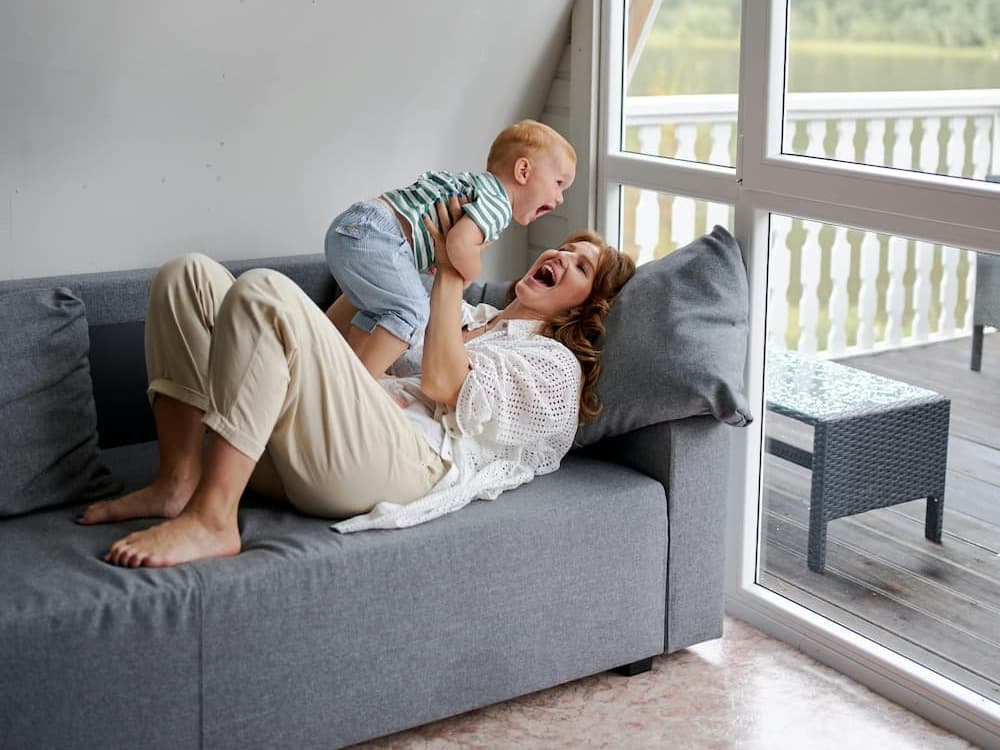
Cherish the good times
From watching your baby as they snooze to making them giggle uncontrollably; it’s important to take the time to see and fully experience the moments when you feel a sudden rush of love. It can be helpful to journal those occasions, or capture them on video so, when things get tough, you can look back and remind yourself how you felt and will feel again.
Ask for help
It’s so common for new mums to feel overwhelmed, but if you keep pretending everything is fine, no one will know otherwise. So if the laundry is piling up and you haven’t been able to get the supermarket, never mind find the time to make yourself a proper meal, it’s time to call for help. If your partner can’t step in, it’s likely you have a friend or relative who would be only too happy to come and spend a few hours with baby and cook you a meal while you have a long bath. But if you don’t, you can actually pay people to do that too, whether it’s a professional childminder or a postpartum doula, like egg Julia Iddir.
Look after yourself
If you don’t prioritise your own wellbeing, you won’t be giving your best self to your baby. Think about it as if you’re on a plane – you have to put your own oxygen mask on before you can help your child. As one egg said: “I wish I had learned earlier in motherhood that if I was happy, they would be too. Don’t forget to do things alone you enjoy because that will also make you realise the time with baby is also special.” Which leads us to our next point…
Find a babysitter
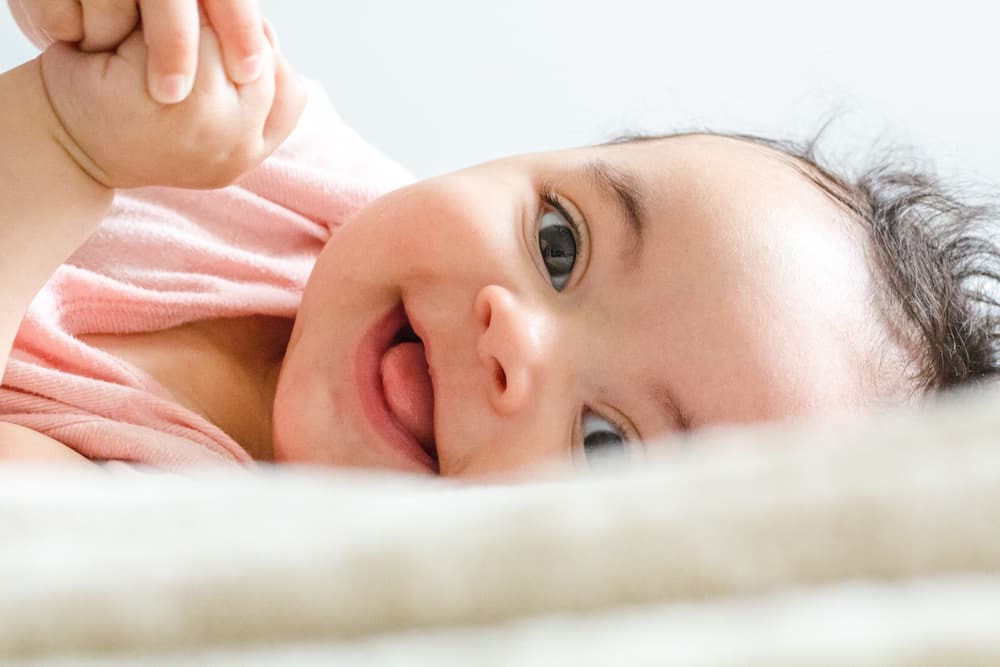
We all need a day off sometimes and if you can’t rely on your partner or family to take care of baby while you take care of yourself, your first priority should be finding a reliable childcare provider. You shouldn’t feel you have to be with your baby 24/7 – breast pumps were invented for a reason! Or, as one egg so eloquently put it, “It’s a sign of strength, not weakness to recognise that you and your baby will thrive all the more with time apart”.
Build a support network
One of the biggest issues for women struggling to find the joy in motherhood is that they feel too ashamed to talk about it. But, if you don’t open up, those feelings of anxiety and isolation will only get worse. If you don’t have friends or family you feel you can be honest with, there are groups of likeminded women you can join locally, such as Juno or Super Mummas, which was set up by egg Charlotte Watson after suffering her own birth trauma. You can also connect with women at a similar life stage to yours on the Peanut app, where one egg says she found her mum tribe. Wherever you find yours, it’s so important to realise you’re not alone.
Seek professional advice
While our anonymous poster mentioned she was already receiving professional help, countless women stay silent and struggle on alone. But mental health problems won’t fix themselves. The first step is to discuss how you’re feeling with your health visitor or GP. They can help you access the support you need and take vital steps to processing your experience. If you’ve suffered a traumatic birth, it can also be helpful to ask your hospital for a debrief to help you understand what happened. Free counselling is available via Pregnancy Counselling and Care (Scotland) and if you can afford it, private counselling is invaluable, especially if you are suffering PTSD – Gem Nealon comes highly recommended from our egg community.
Set realistic expectations
No one is at their best 100% of the time, so don’t beat yourself up in those moments when you are struggling to see the positive side of parenting. As one egg said in the comments: “Someone told me you only have to be a good parent 75% of the time, so a quarter of your day can feel like crap and it's still a good day.” Feeling like you’re not doing as well as everybody else is normal, but we have to be kinder to ourselves. “It is easy to get swept up in comparing yourself to what you see on social media,” says Cat. ‘But we all know that isn’t a real representation of life. So much Mum guilt and shame can be lifted if you can start speaking to yourself like you would speak to someone you love. Remember, through your baby’s eyes you are perfect.”
Join some baby groups
Getting yourself and baby up, dressed and out of the house for a specific time to mingle with actual other humans may sound traumatic and/or impossible, but establishing a routine and being around other mums can be hugely beneficial. One egg recommends Singing Mamas Edinburgh: “It's the one mum/baby activity I know that focuses on the mum. The babies still enjoy it! It's singing for wellbeing rather than an actual choir so you can still join if you are tone deaf!” Classes like these will get the endorphins flowing for you and baby so you will leave feeling bolstered, more positive, and with any luck, more bonded.
Trust that there is light at the of the tunnel
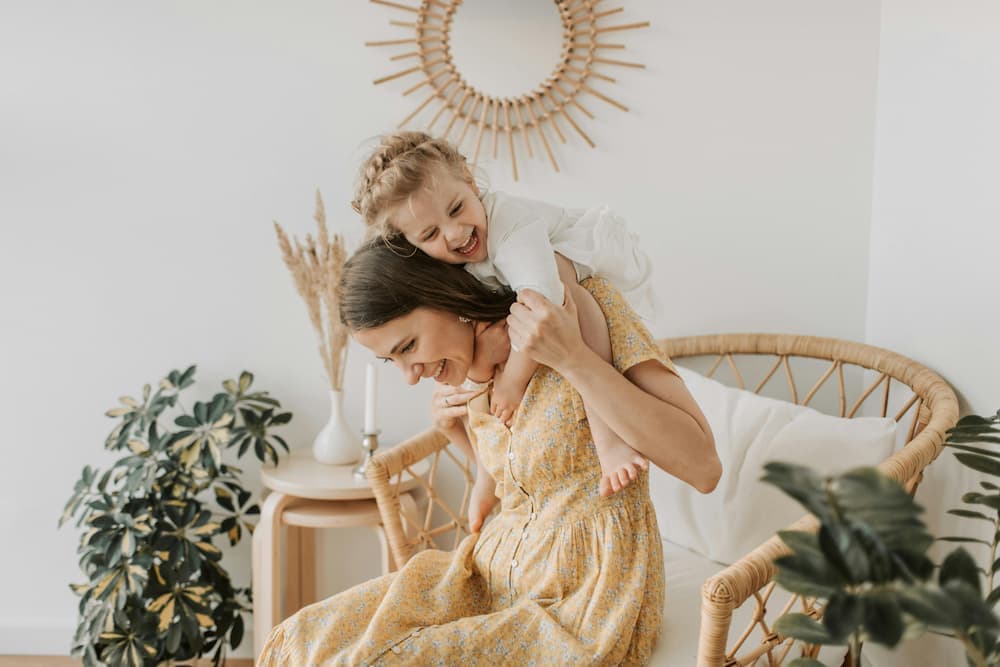
Whatever stage of motherhood you are at, the next change is just around the corner. It may be that you find much more joy in the toddler years than the baby years, as that’s when your child’s little personality emerges, and they begin to be able to communicate with you. There’s nothing quite like seeing your child’s face light up when you walk into a room, them running towards you to give you the squeeze of your life or hearing them say ‘I love you’. Keep those dreams for the future in mind and know that one day soon, you will get there, and the journey will have been worth it.
